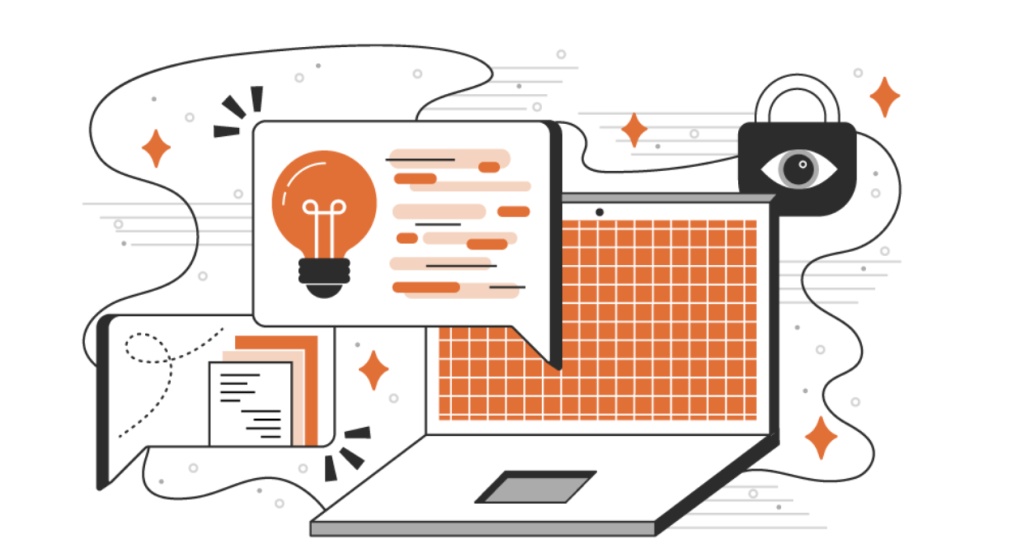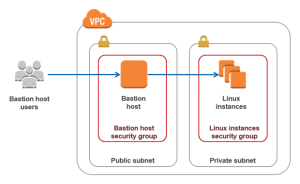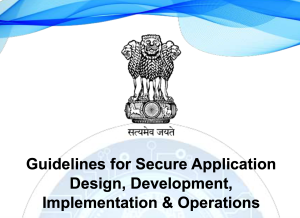
In today’s digital world, managing personal information online has become a common practice, but it’s crucial to be aware of the risks that come with it. Whether you’re shopping online, managing your finances, or interacting on social media, protecting your personal information from cybercriminals should be a priority. Here’s how you can safeguard your data effectively.
Guard Your Login Credentials
The first line of defense for protecting your personal information is securing your login credentials. Cybercriminals who gain access to your passwords and login details can quickly compromise your accounts. Follow these essential tips to keep your accounts safe:
- Verify website security: Ensure that the website or app is secure before entering your credentials. Look for “https://” in the URL or a padlock symbol in the browser address bar.
- Use unique passwords: A strong password is essential, but it’s even more important to use a different password for each account. You can use a password manager to store and manage them easily.
- Enable Multi-Factor Authentication (MFA): MFA adds an additional layer of security by requiring two or more verification steps to access your accounts.
- Secure all devices: Not just your computer and phone, but any device that connects to the internet (like smart TVs or home assistants) should have a password and updated security software.
Be Aware of Data Tracking
Many websites track your online activity, and some even share it with third-party entities. Understanding how your data is collected and used can help you make informed decisions.
- Monitor cookies: Cookies store small bits of information that websites use to track your activity. Some are necessary for functionality, but others may be used to collect information for targeted advertising or location tracking. Keep an eye on unusual or excessive cookie use.
- Check privacy policies: Before using a website or service, review its privacy policy to understand how your data is being collected and who it’s being shared with.
- Manage your tracking settings: Websites often ask for permission to track your data. You can manage these settings, block unwanted cookies, and limit third-party tracking by adjusting your browser settings.
Avoid Oversharing on Social Media
While social media is a great tool to stay connected, it also poses a risk when you share too much personal information. Cybercriminals often target social media platforms to gather data about individuals. Here’s how to stay safe:
- Limit your personal information: Refrain from sharing sensitive details like your address, phone number, or other personally identifiable information (PII) on public platforms.
- Tighten privacy settings: Regularly review your social media privacy settings to limit the information that is visible to strangers.
- Be cautious with quizzes and games: Many quizzes and surveys ask for seemingly harmless information, but these details can be used by cybercriminals to guess security questions or hack into your accounts.
Conclusion
In today’s digital era, protecting your personal information requires vigilance and awareness. Make sure to use strong passwords, enable multi-factor authentication, manage your tracking permissions, and limit what you share on social media. Remember, your personal information is valuable—don’t give cybercriminals easy access to it.
If you suspect your data has been compromised, quickly change your passwords and consult your IT team for further steps. Stay proactive, stay safe!
Tags: cybersecurity, personal data protection, password security, social media safety, multi-factor authentication, data tracking, online privacy, cybercrime prevention





